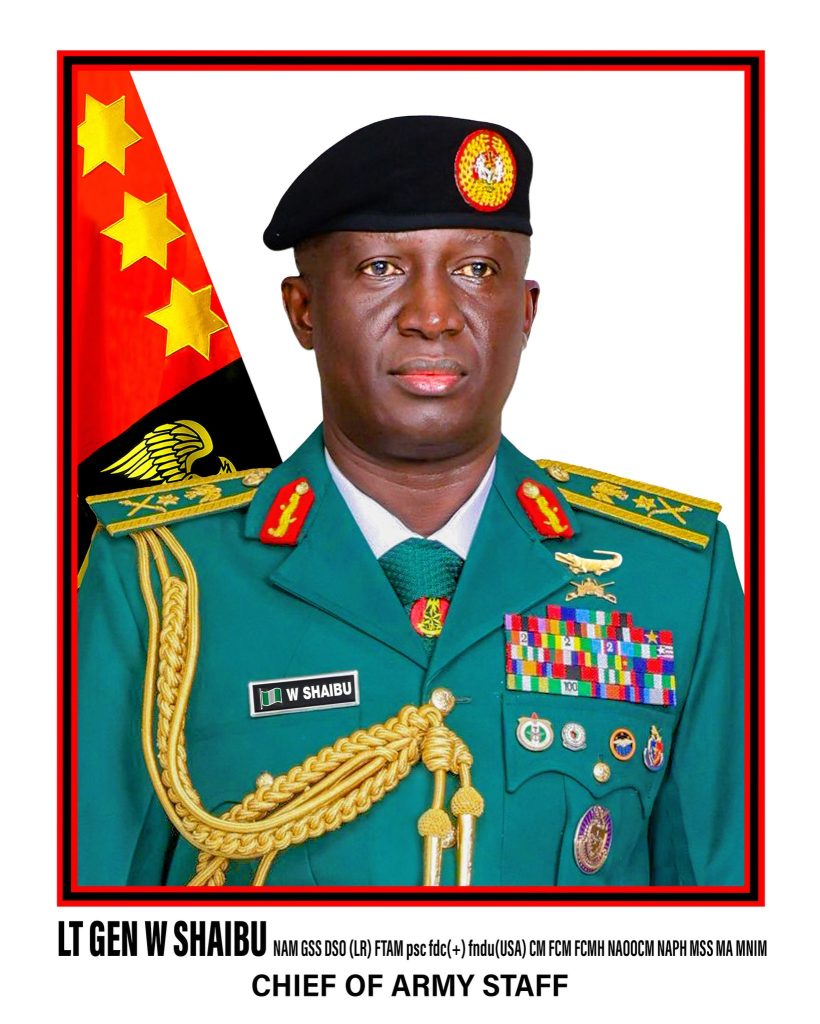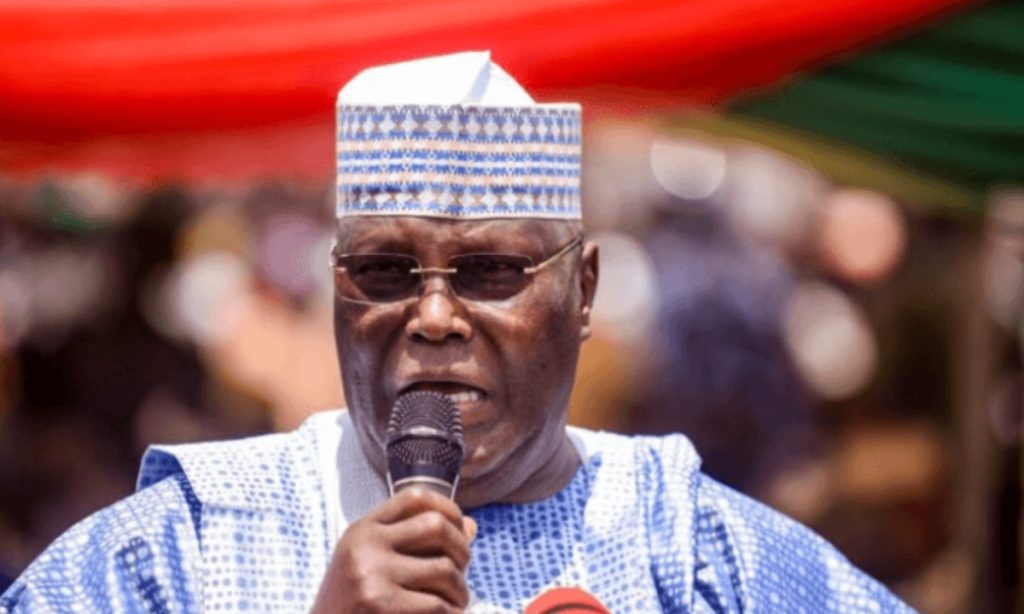The European Union has allocated a substantial sum of €9 billion ($10.5 billion) in loans to Ukraine, backed by the profits from Russia’s frozen central bank assets. This move is part of a broader effort by Western nations to support Ukraine amidst the ongoing conflict. According to European Commission data released on Friday, the funds have been disbursed in several tranches, with the latest being a seventh tranche worth €1 billion.
The international community froze an estimated $300 billion in Russian assets following the escalation of the Ukraine conflict in 2022. A significant portion of these assets, approximately €200 billion, is held by the Brussels-based clearinghouse Euroclear. The accrued interest on these funds has sparked discussions on how to utilize the revenue to finance Ukraine’s needs. While some Western states have pushed for the frozen assets to be fully transferred to Ukraine, others have expressed concerns over the legality of such a move, suggesting that the funds should be kept as leverage instead.
Economists have warned that using the frozen assets without a solid legal basis could have far-reaching consequences, potentially undermining global trust in Western financial institutions. Nicolas Veron, a French economist with the Brussels-based think tank Bruegel, emphasized the emotional aspect of the issue, stating that central banks must be able to trust that their reserves abroad are safe. This, he noted, is a central element of the global monetary order. Similar warnings have been issued by the International Monetary Fund (IMF) and Euroclear.
Moscow has strongly condemned the asset freeze, characterizing it as “robbery” and a violation of international law. Maksim Oreshkin, deputy head of President Vladimir Putin’s administration, asserted that even the mere freezing of the funds has already damaged confidence in the Western financial system. Putin has previously cautioned that seizing the assets would lead to an irreversible shift toward regional payment systems, driving more countries away from Western institutions.
The situation highlights the complex and sensitive nature of international financial relations, particularly during times of conflict. As the world watches the developments in Ukraine, the implications of using frozen assets to finance the country’s needs continue to be a topic of intense debate. With the EU’s latest disbursement, the total funds allocated to Ukraine this year have reached €9 billion, underscoring the significant financial support being provided to the country. However, the path forward remains uncertain, with concerns over legality, trust, and the potential long-term effects on the global financial landscape.



